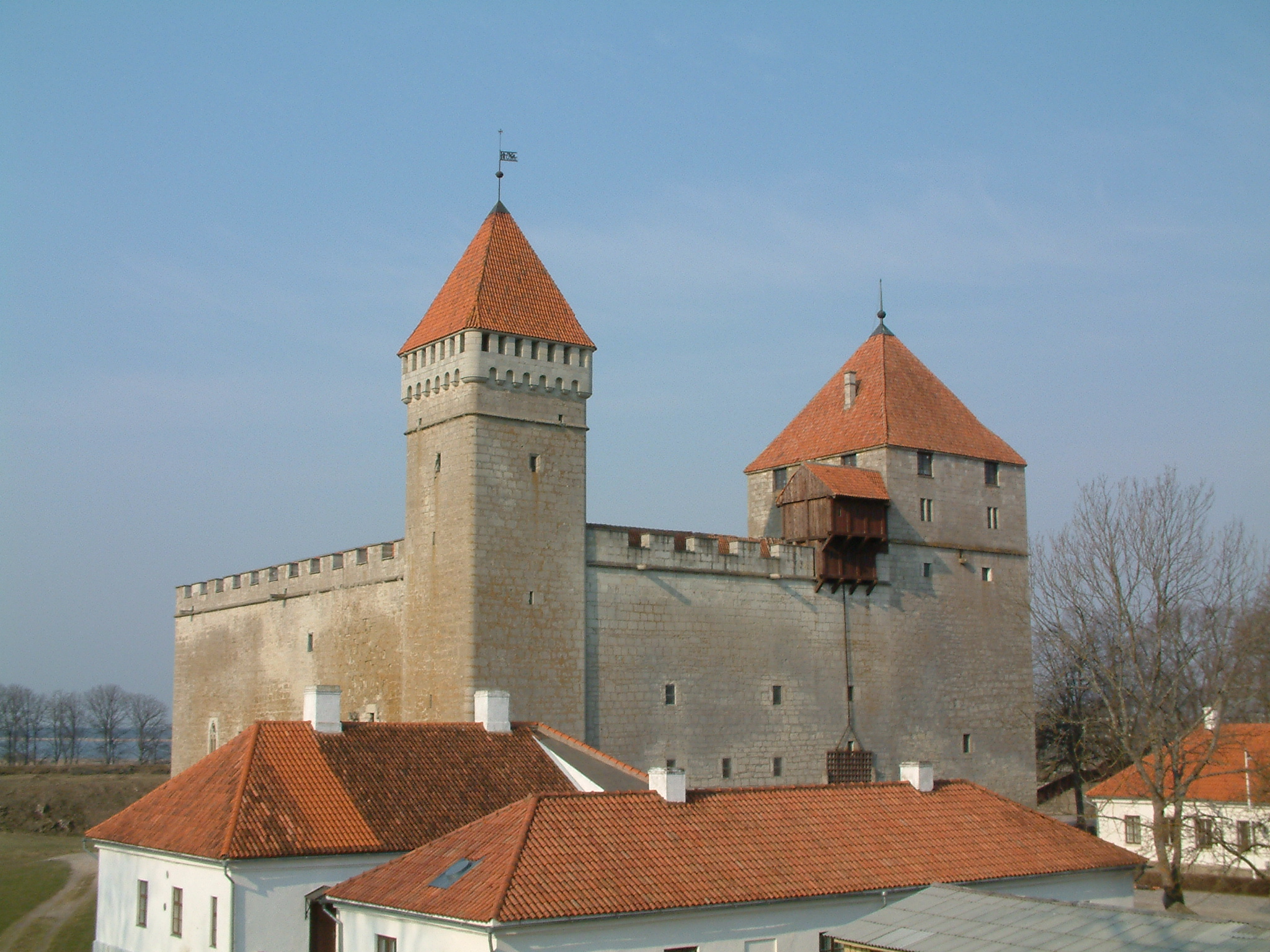Museum
Founded in 1865, Saaremaa Museum is one of the oldest and most visited museums in Estonia with a long traditions of collecting and research. It consists of the Kuressaare Castle, the Mihkli Farm Museum, and the Johannes and Joosep Aavik House Museum. In addition, the museum includes the Saaremaa Archive Library.
Saaremaa Museum is one of the main guardians and promoters of the identity of Saaremaa, a region with a unique natural environment, history, and culture. A significant part of this identity is the Kuressaare Castle, a globally unique architectural monument and one of the most important tourist attractions in Estonia. The museum thoughtfully exhibits the castle, telling its story to the world.
The core of the museum is the bishop’s castle, built in the 14th-15th centuries. It houses extensive permanent exhibitions on the early (3 halls) and recent (7 halls) history of Saaremaa, as well as various temporary exhibitions. The museum also organizes concerts, theatrical performances, stylized “bishop’s feasts”, and other events.
The fortress surrounding the castle, built between the 14th and 19th centuries, is a unique open-air museum of military architecture. Here, visitors can explore the development of fortifications throughout the ages. The Gunpowder Cellar in the South Bastion of the fortress houses a permanent exhibition on the communist terror of 1941, while the Cannon Cellar in the North Bastion features a display of historical weapons and an exhibition on the history of Kuressaare town. The four cellars of the West Bastion house historical craft workshops, and a historical artillery position has been restored on the lower flank of the North Bastion.
History
